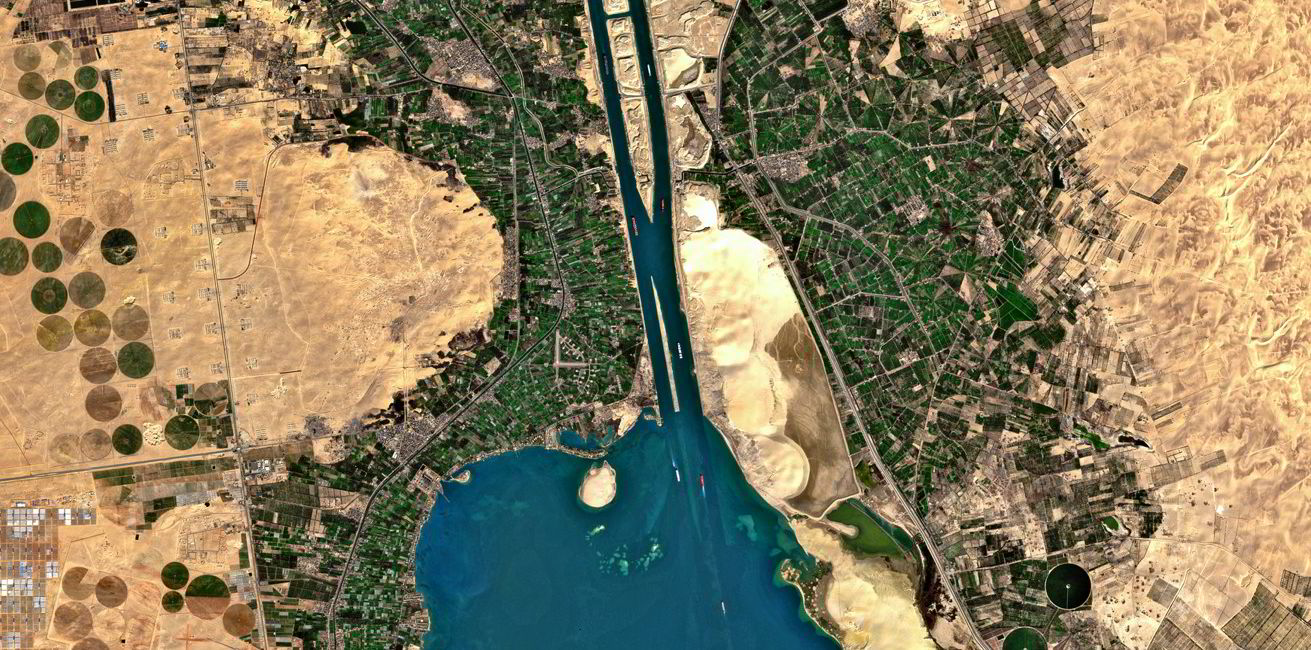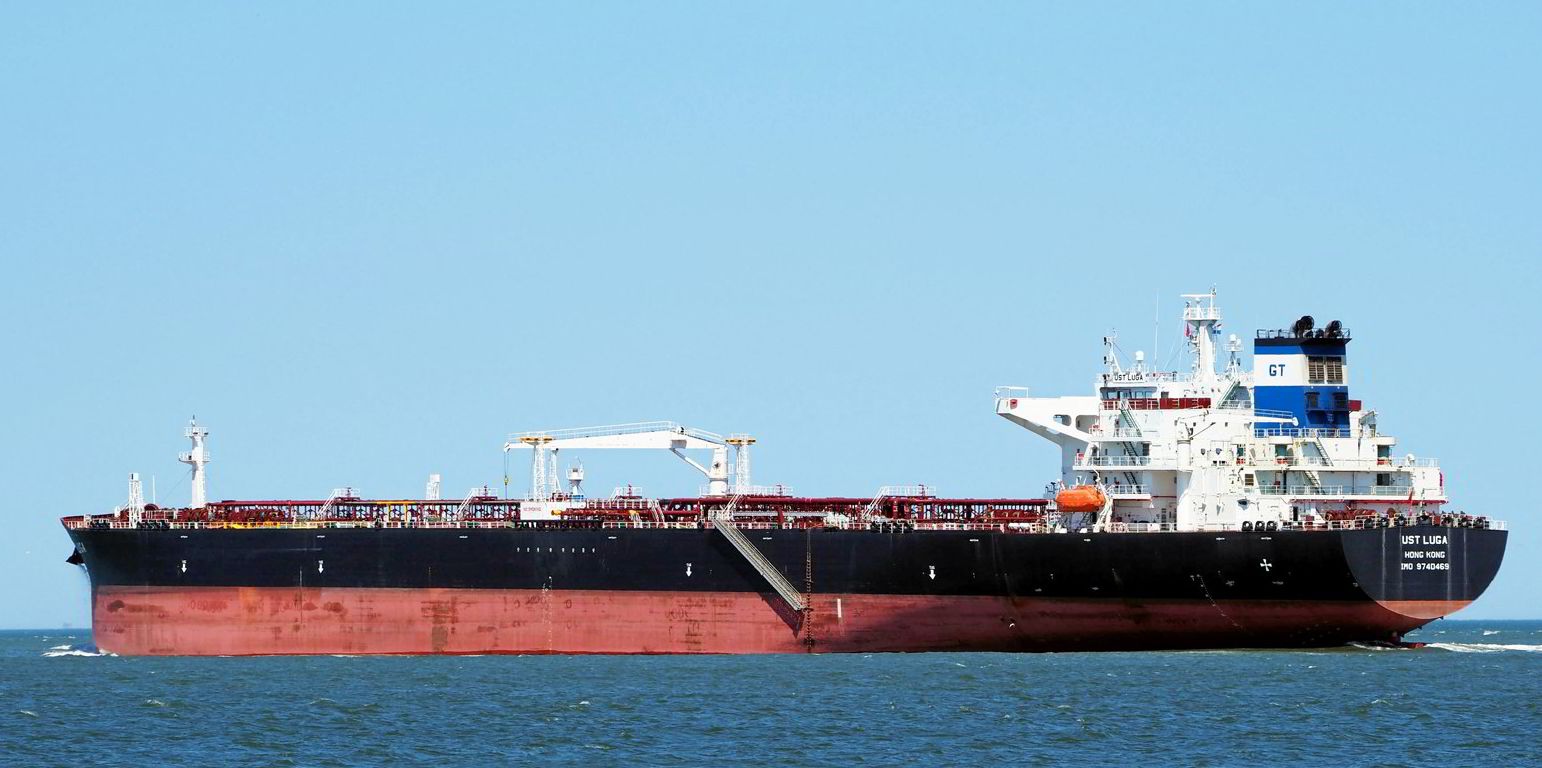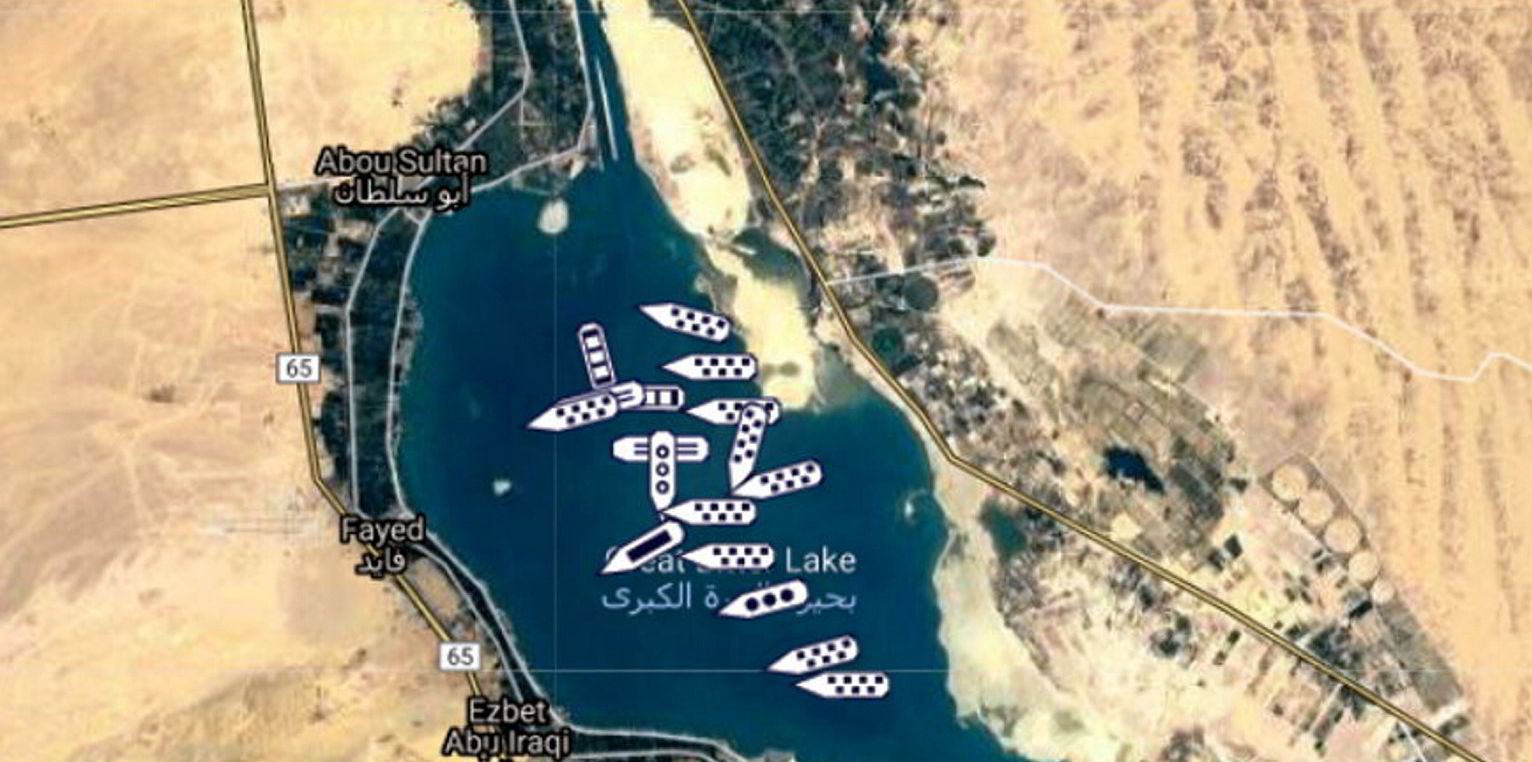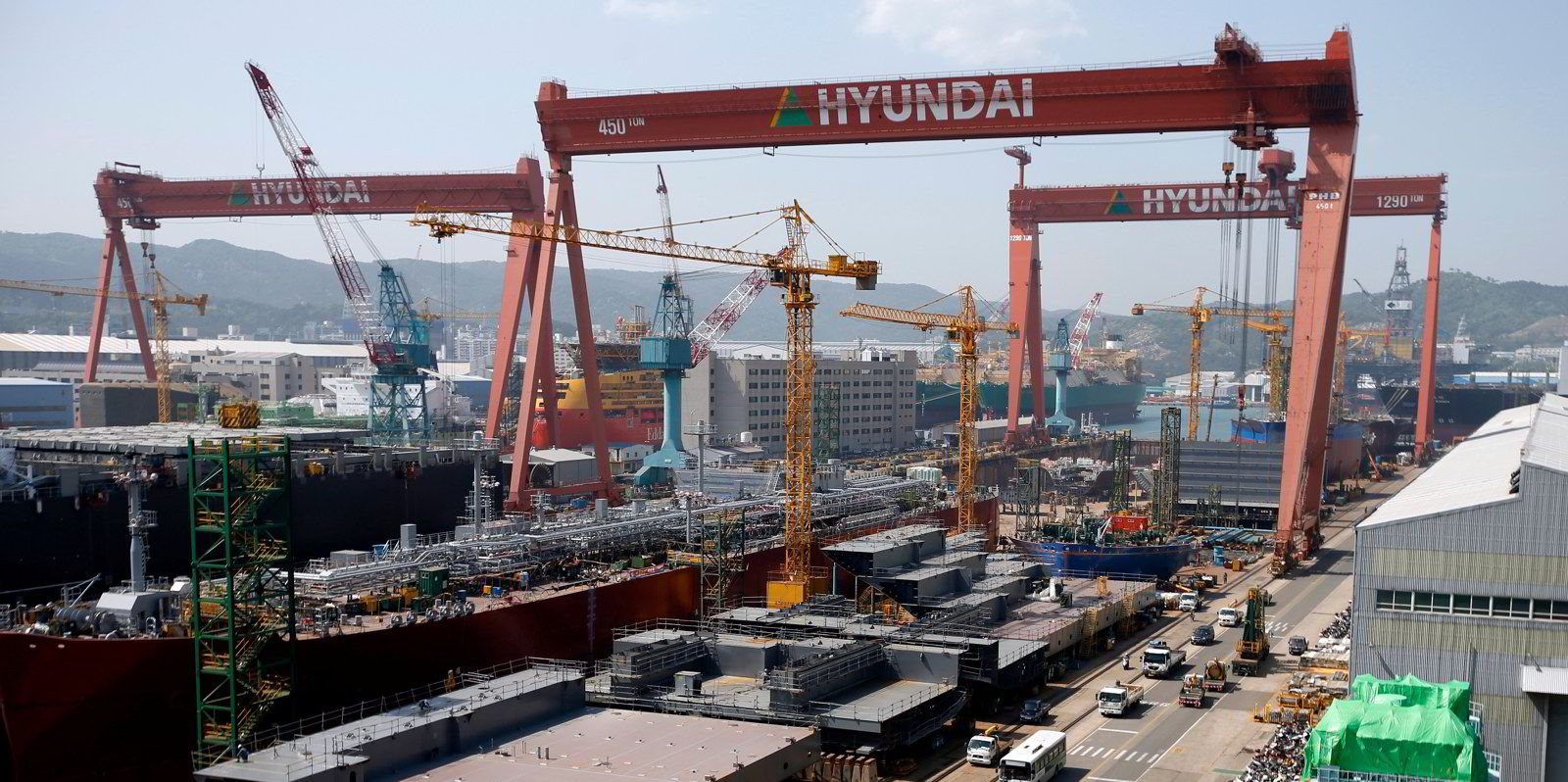The rally in tanker markets has come to a sudden end as Egyptian authorities managed to unblock the Suez Canal on Monday.
Traffic is resuming at the key waterway after the 20,388-teu Ever Given (built 2018) was refloated and towed to Great Bitter Lake.
The ultra-large containership had halted all traffic at the canal after running aground on 23 March, helping boost crude and product earnings to multi-month highs.
But some market sources suggested “the party is over” now in a “sad day” for shipowners.
The Baltic Exchange assessed average spot suezmax earnings at $19,047 per day on Monday, down from $20,417 per day on Friday, then a 10-month high.
Vitol was rumoured to have preliminarily relet the 158,300-dwt Densa Whale (built 2012) to ExxonMobil at Worldscale 70 for shipping crude from West African to North West Europe, with a loading date between 14 and 15 April.
If confirmed, that would represent a 10-point drop from the previous comparable suezmax fixture.
Among other segments, average aframax earnings fell to $14,701 per day on Monday from $15,544 on Friday. VLCC earnings on the Middle East Gulf (MEG)-China route increased to $2,440 per day from $1,774.
LR2 earnings on the MEG-Japan route marginally eased to $21,380 per day form $21,491, while LR1s inched up to $13,881 per day from $13,353.
“The incident has still disrupted vessel supply and routing.…But the impact will diminish as the weeks pass by. Much of the recent gains will soon be eroded and sentiment will take a hit,” Gibson Shipbrokers research head Richard Matthews said.
Short-term impact
But Matthews warned of potential market volatility in the coming days, with many ships still queuing to transit the canal.
A total of 30 laden and ballasting crude tankers and 47 product carriers remained in the queue as of Monday afternoon, a backlog that would be cleared in three to four days, according to Kpler.
The cargo intelligence provider estimated that up to one suezmax, one LR3, three LR2s and one MR had been diverted due to the congestion. Many charterers were believed to have required rerouting options.
“Other than for the cargoes due to be lifted in the first week of April for the Black Sea and Mediterranean markets, we are unlikely to see much of a vessel shortage,” said a suezmax broker.
“The ship availability in the Mediterranean never got tight enough.”
Shifting focus
Some sources said the supply-demand balances in several segments had already been tightening before the blockage and that earnings could stay strong in those trades.
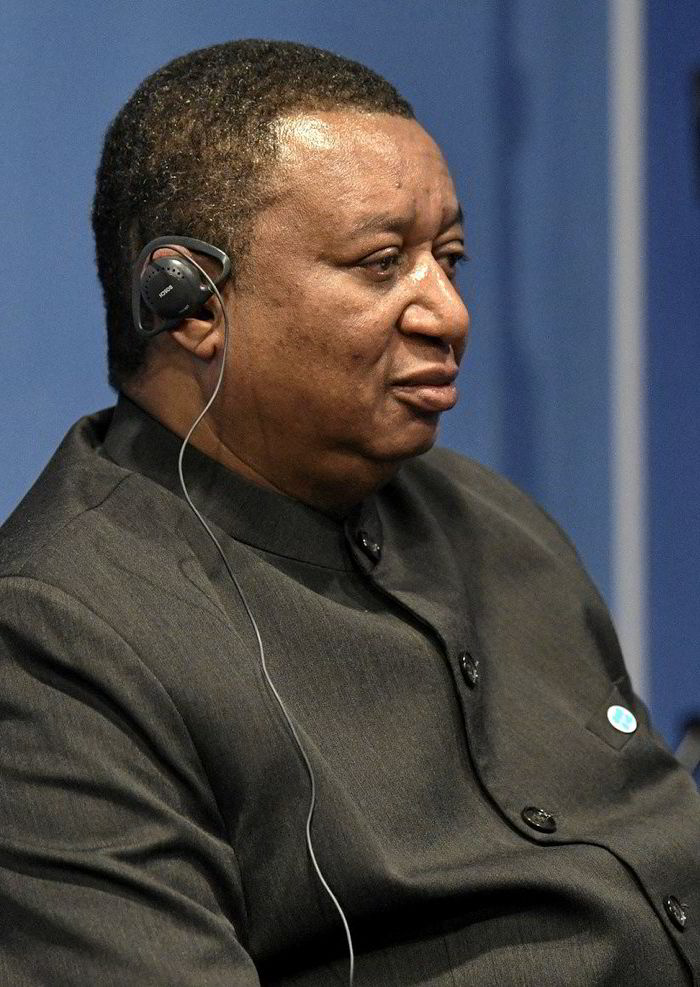
“Tanker rates were firming before all this happened…It was good to get the sentiment up,” said one of them.
Looking forward, market participants are expected to shift their focus to the next Opec+ meeting on Thursday.
Many analysts believe Opec and its Russia-led allies will roll over their production cuts into May, thus delaying a long-awaited recovery in vessel demand.
“Before the last Opec+ meeting, the third wave hitting Europe hadn't really taken full effect,” Matthews said.
“But now, with Europe really struggling, it’s difficult to see Opec+ having the grounds to increase production in any meaningful way.”
